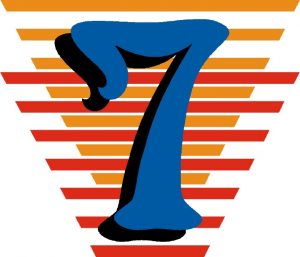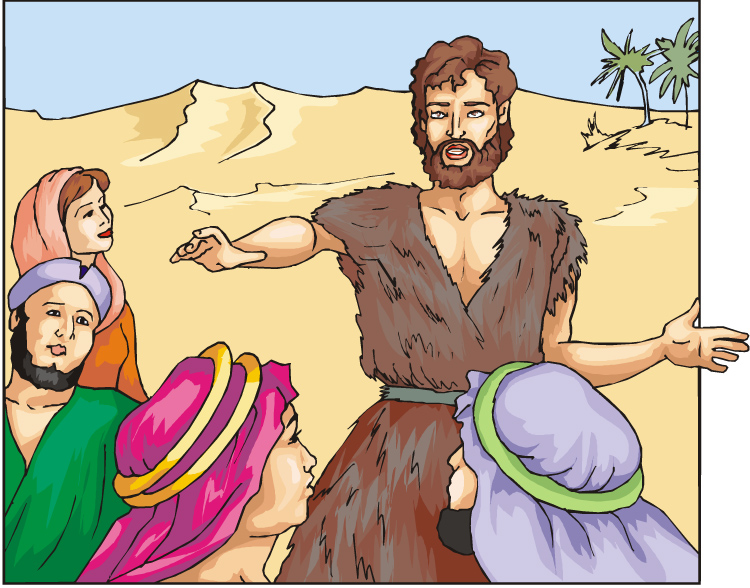The Feasts Represent the Seven Steps of YHVH’s Plan of Salvation For Mankind
Passover (Pesach): The first annual festival in YHVH’s glorious lineup in the steps of redemption is Pesach which occurs in the early spring of the year at the time of the rebirth of the creation after a long and dead winter season. Likewise, it was the time of the birth of the nation of Israel. The Children of Israel had been enslaved in Egypt for many years, but they could not extricate themselves from the death grip of Pharaoh, a picture of Satan, without some help from above. YHVH heard their cries of anguish, told them to sacrifice a lamb and smear the blood on the doors of their homes. This they did by faith. YHVH
extended his grace and mercy upon them, caused the angel of YHVH to pass over their homes so that they were delivered from the wages of their sins which is death. At the same time, the Egyptians received judgment unto death because they were not under the blood of the lamb. Israel was now free to leave Egypt. Spiritually one must leave the world (spiritual Egypt), a place of spiritual oppression and slavery, darkness and false religion. It is the realm or kingdom of Satan, the prince of death. One cannot leave the kingdom of darkness on one’s own strength. One cannot free oneself from slavery to the strong tyrants and masters of this world, the flesh or the devil. A greater power than these must deliver us from these slave masters who maintain humans in their death grip. Only by the blood of the Lamb of YHVH smeared on the door posts and lintels (our actions and thoughts) of our houses (our lives) will the death angel pass over us, for Yeshua the Lamb of YHVH defeated the enemy at the cross and defeated the death sentence or death grip of sin by resurrecting from the grave on the third day after his death (Col 2:12-15). The Israelites, by faith, trusted in the blood of the Lamb and by YHVH’s grace their sins were not credited to their account, but were forgiven causing the death angel to pass over. At that time they physically began to leave Egypt.
The Feast of Unleavened Bread (Hag HaMatzot): The Israelites left Egypt on the first day of this seven-day long festival. Leaving Egypt was a relatively simple process, but now began the process of “getting Egypt out of them.” Dying to self and overcoming all the sinful habits in our lives is a process. We cannot do this of our own efforts but need the redeeming work of Messiah. This is illustrated during this feast by YHVH’s command to remove all the physical leavening from our homes. Leavening is a type of sin and pride since yeast causes bread to rise and puff up. The sin of pride and hypocrisy leads one to believe that one is in a better spiritual state than one actually is. This is the state of spiritual Continue reading





